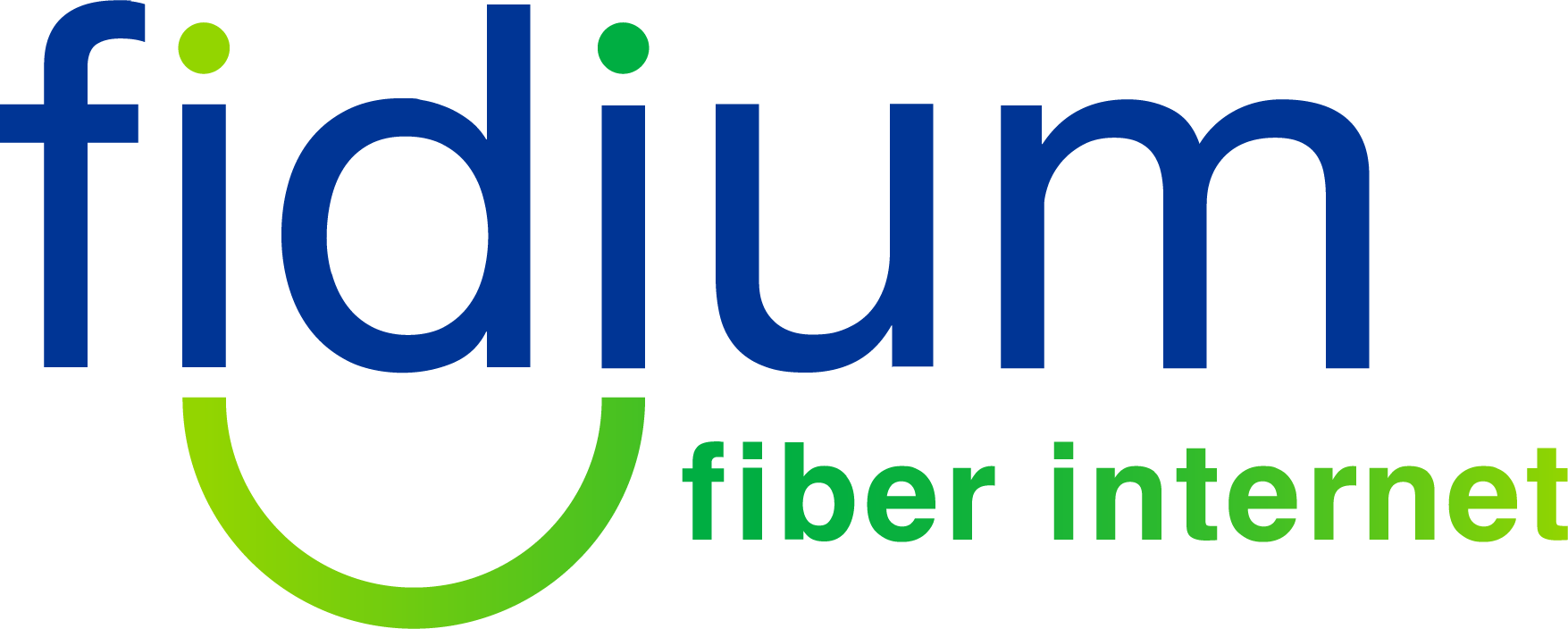Fiber vs. 5G Home Internet: Which Is Better?
Table of Contents
The battle for the best internet connection in your home has evolved dramatically over the past few years. Two technologies now dominate the conversation among the best internet providers: fiber-optic internet and 5G home internet. Both promise fast speeds, reliable connections, and competitive pricing, but which one deserves a spot in your home?
When comparing fiber internet vs 5G options, fiber emerges as the clear winner for most households. Fiber internet delivers consistently faster speeds, superior reliability, and better long-term value. However, 5G home internet has carved out its own niche as one of the best cheap internet providers, offering affordable internet solutions for budget-conscious consumers.
How Has the Internet Landscape Changed?
The home internet market has transformed significantly since 2020. Traditional cable internet once dominated, but fiber networks have expanded rapidly, with major providers like Fidium Fiber bringing fiber-to-the-home connections to previously underserved areas. And in fact, fiber availability has grown from covering less than 30% of U.S. households in 2020 to more than 50% [1].
Meanwhile, 5G home internet emerged as a disruptive force. Major carriers like Verizon and T-Mobile launched their 5G home services in 2021, leveraging their cellular networks to deliver internet directly to homes without requiring extensive cable infrastructure.
What Makes Fiber Internet Superior?
Fiber internet stands out as the gold standard for speed, reliability, and future-proof connectivity.

The Technology Behind Fiber
Fiber-optic internet uses thin glass cables to transmit data through light signals at nearly the speed of light. This technology provides several key advantages over wireless connections:
- Dedicated Connection: Unlike shared networks, fiber typically provides each home with a dedicated line, eliminating network congestion issues that plague other technologies.
- Symmetrical Speeds: Most fiber plans offer identical upload and download speeds. This means if you have 500 Mbps download speeds, you also get 500 Mbps upload speeds—crucial for video conferencing, cloud backups, and content creation.
- Weather Resistance: Physical fiber lines aren’t affected by weather conditions, providing consistent performance year-round.
Fiber Speed and Pricing Advantages
When you compare internet providers offering fiber services, speeds typically range from 100 Mbps to 8,000 Mbps (8 Gbps). Internet prices for fiber have become increasingly competitive, with many providers offering gigabit speeds for $60-80 per month.
Major fiber providers like AT&T Fiber, Verizon Fios, and Fidium Fiber often include:
- No data caps
- Free installation
- Equipment included in monthly pricing
- Price lock guarantees
How Does 5G Home Internet Work?
5G home internet operates by receiving wireless signals from nearby cellular towers through a specialized router in your home [2]. The technology uses three spectrum bands:
- Low-band 5G: Offers broad coverage but slower speeds (30-100 Mbps)
- Mid-band 5G: Provides balanced speed and coverage (100-400 Mbps)
- High-band (millimeter wave): Delivers fastest speeds but limited range (500-1,000 Mbps)
Most 5G home internet services rely primarily on mid-band networks, which explains why advertised speeds often show ranges rather than specific tiers.
What Are the Key Differences in Performance between Fiber vs 5G Home Internet?
When evaluating 5G home internet, it’s essential to consider how its performance differs from traditional broadband options.
Speed Reliability
Fiber internet consistently delivers advertised speeds because of its dedicated, wired connection. 5G home internet speeds fluctuate based on:
- Distance from cell towers
- Network congestion
- Weather conditions
- Physical obstructions (buildings, trees)
Upload Performance
Upload performance is the biggest gap in the fiber vs 5G home internet comparison. Fiber typically offers symmetrical speeds, while 5G upload speeds usually range from just 10-50 Mbps regardless of download speed.
Latency
Fiber connections typically provide latency under 10 milliseconds, ideal for gaming and real-time applications like video calls while working remotely. 5G home internet latency varies from 15-50 milliseconds depending on network conditions.

Which Internet Service Fits Your Budget?
Choosing the right internet service depends on balancing your budget with your household’s connectivity needs.
5G Home Internet Pricing
5G services position themselves among the best cheap internet providers with straightforward pricing:
- T-Mobile Home Internet: $50/month [3]
- Verizon 5G Home: $35-60/month [4]
- AT&T Internet Air: $60/month [5]
Most 5G plans include:
- No annual contracts
- Equipment included
- Unlimited data
- Easy self-installation
Fiber Internet Pricing
Fiber internet prices vary significantly by provider and location:
- Entry-level plans: $30-50/month (100-300 Mbps)
- Mid-tier plans: $60-80/month (500-1,000 Mbps)
- Premium plans: $80-150/month (2,000+ Mbps)
When Should You Choose 5G Home Internet?
Despite fiber’s technical advantages, 5G home internet makes sense in specific situations:
- Limited Fiber Availability: Many areas still lack fiber infrastructure, making 5G the best high-speed option available.
- Budget Constraints: As one of the most affordable internet options, 5G provides decent speeds at competitive prices.
- Temporary Housing: Renters or those in temporary situations benefit from 5G’s no-contract, easy setup approach.
- Quick Setup Needs: 5G installation typically takes minutes rather than scheduling professional installation appointments.
How to Find the Best Internet in Your Area
When looking to compare internet providers and find the best internet providers for your location, consider these steps:
- Check Availability: Use provider websites to verify which services reach your address
- Compare Internet Plans: Look beyond advertised speeds to examine upload speeds, data caps, and contract terms
- Read Customer Reviews: Research local service quality and customer support experiences
- Consider Future Needs: Factor in household growth and increasing bandwidth demands
The best internet providers typically offer transparent pricing, reliable customer service, and consistent performance. When you compare internet providers in your area, prioritize providers with strong local infrastructure and positive customer satisfaction ratings.

What Does the Future Hold?
The internet comparison landscape continues evolving. Fiber networks are expanding rapidly, with government initiatives like the Broadband Equity, Access, and Deployment (BEAD) Program allocating $42.5 billion toward fiber infrastructure through 2030 [6].
5G technology is also improving. Carriers are upgrading equipment and expanding mid-band coverage, which should improve speed consistency and reliability.
However, fiber’s fundamental technological advantages — dedicated connections, symmetrical speeds, and weather resistance — position it as the long-term winner for most households.
Making Your Decision
The fiber vs 5G home internet choice ultimately depends on your specific needs and circumstances. For most households seeking the best long-term internet solution, fiber internet provides superior performance, reliability, and value. Providers like Fidium Fiber are expanding their networks to bring these benefits to more communities.
5G home internet serves as an excellent alternative where fiber isn’t available or for users prioritizing budget and simplicity over maximum performance.
To find the best internet service for your needs, start by checking what’s available in your area. If fiber is an option, it’s typically worth the investment for the superior performance and reliability it provides.
Frequently Asked Questions
Is 5G home internet fast enough for multiple devices?
5G home internet can typically support 3-5 devices simultaneously for basic activities like streaming and web browsing. However, households with heavy users, gamers, or multiple people working from home may experience slowdowns during peak usage times. Fiber internet better handles high-demand scenarios with its dedicated connection and higher upload speeds.
How much does fiber internet cost compared to 5G?
Fiber internet typically costs $50-80/month for gigabit speeds, while 5G home internet costs $50-70/month for speeds that may vary from 50-400 Mbps. While 5G appears cheaper upfront, fiber often provides better value per Mbps and more consistent performance.
Can I get fiber internet in rural areas?
Fiber availability in rural areas has improved significantly, with companies like Fidium Fiber expanding into previously underserved regions. Many rural electric cooperatives and municipal broadband projects are also building fiber networks. Check with local providers to see if fiber has reached your area, as coverage maps are updated frequently.
Which is better for gaming: fiber or 5G home internet?
Fiber internet is superior for gaming due to lower latency (under 10ms vs 15-50ms for 5G), consistent speeds, and better upload performance. While 5G can work for casual gaming, competitive gamers and those who stream their gameplay will benefit from fiber’s more reliable, low-latency connection.
Sources
[1] Fiber Broadband Association. “Fiber Passes Over 50% of U.S. Households."
[2] Wired. “What Is 5G Home Internet? Here’s Everything You Need to Know."
[3] T-Mobile. “Home Internet Plans."
[4] Verizon. “5G Home Internet,"
[5] AT&T. “Home internet with our reliable 5G network."
[6] NTIA. “Broadband Equity Access and Deployment Program."
